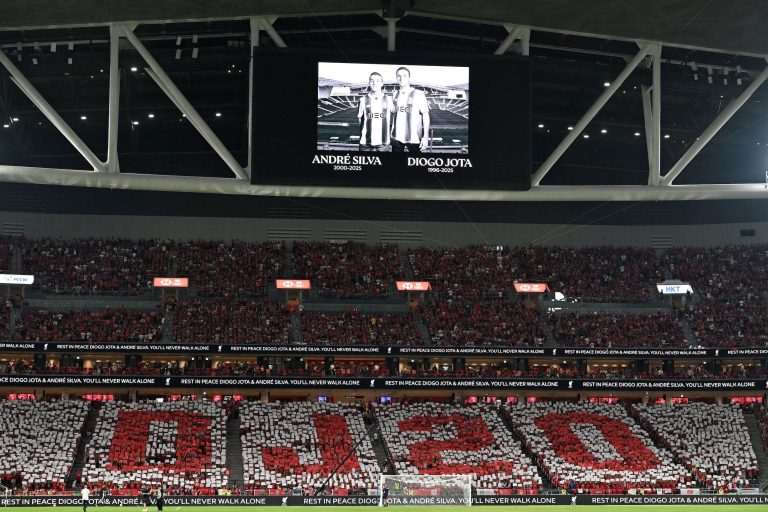By Scott DiSavino
NEW YORK (Reuters) -Oil prices held near a seven-week high on Tuesday as the market awaited direction from trade talks between the U.S. and China.
Analysts have said a trade deal between the countries with the world’s two biggest economies could boost prices by supporting global economic growth and increasing oil demand.
Brent crude futures slid 17 cents, or 0.3%, to settle at $66.87 a barrel, while U.S. West Texas Intermediate crude fell 31 cents, or 0.5%, to settle at $64.98.
On Monday, Brent settled at its highest since April 22 and WTI at its highest since April 3.
Trade talks between the U.S. and China stretched through a second full day and into the evening in London as the two countries pushed for a breakthrough on duelling export controls that have threatened to unravel a delicate tariff truce.
U.S. Commerce Secretary Howard Lutnick said trade talks with Chinese officials were going well and he hoped they would end on Tuesday night, but said they could run into Wednesday.
The World Bank, meanwhile, slashed its global growth forecast for 2025 by four-tenths of a percentage point to 2.3%, saying that higher tariffs and heightened uncertainty posed a “significant headwind” for nearly all economies.
On the supply side, allocations to Chinese refiners showed that Saudi Arabia’s state oil company Saudi Aramco will ship about 47 million barrels of oil to China in July, 1 million barrels less than June’s allotted volume, Reuters reported.
The Saudi allocations could be an early sign that the unwinding of OPEC+ production cuts might not result in much additional supply, said Harry Tchilinguirian, group head of research at Onyx Capital.
“The prospect of further hikes in OPEC supply continues to hang over the market,” ANZ senior commodity strategist Daniel Hynes said in a note.
OPEC+, which pumps about half of the world’s oil and includes the Organization of the Petroleum Exporting Countries and allies such as Russia, put forward plans for an output increase of 411,000 barrels per day for July as it looks to unwind production cuts for a fourth straight month.
A Reuters survey found OPEC’s May increase to oil output was limited, with Iraq, the second biggest OPEC producer behind Saudi Arabia, pumping below target to compensate for earlier overproduction, and Saudi Arabia and the United Arab Emirates making smaller increases than agreed.
Elsewhere, Iran said it would soon make a counter-proposal for a nuclear deal in response to a U.S. offer that Tehran deems “unacceptable,” while U.S. President Donald Trump made clear that the two sides remained at odds over whether Tehran would be allowed to continue enriching uranium on Iranian soil.







